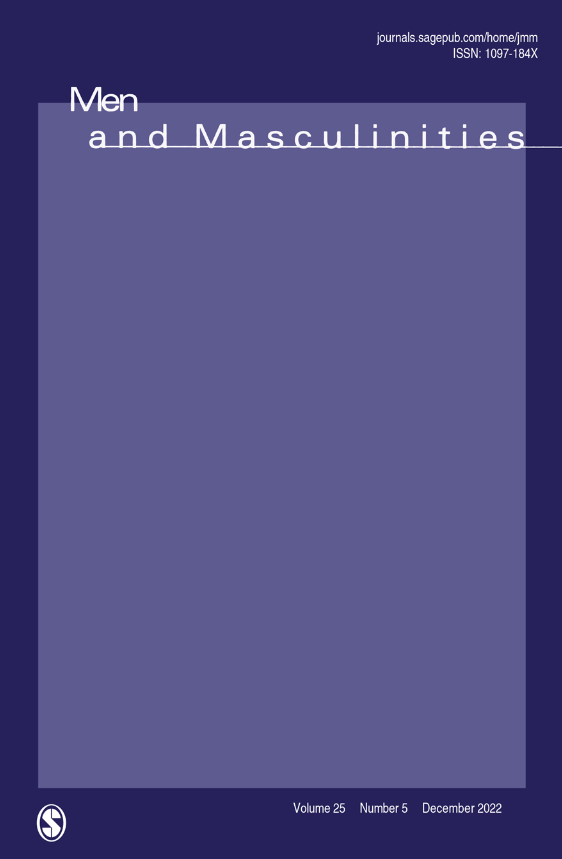Greek life in American colleges and universities is characterized by white hetero-masculine dominance. A large scholarship has documented Greek life’s association with women’s sexual violence, yet much less is known about how men—who are ostensibly privileged in these settings—experience sexual harassment and assault. Using 15 interviews with fraternity members attending an elite, midwestern university, we examine men’s experiences of intra-fraternal sexual violence. We describe fraternity members creating and deploying a white hetero-masculine discourse of “brotherhood” that institutionalizes intra-fraternal sexual violence, makes it illegible, and gives its perpetrators impunity. We also show how the brotherhood discourse differentially deploys resources and power to fraternity brothers based on their intersectional location and relationship to intra-fraternal sexual violence. Future applications of the brotherhood discourse in fraternities and other institutional contexts can help us better understand how such organizations reinscribe intersectional power hierarchies.
Home > Research > Protecting Rights and Accessing Justice > Consent to Sex on Campus: How Undergraduates Understand and Enact Sexual Consent in the Title IX Era > The Exonerating “Guise of Brotherhood”: Intra-Fraternal Sexual Violence Survivors’ Accounts of Illegibility

